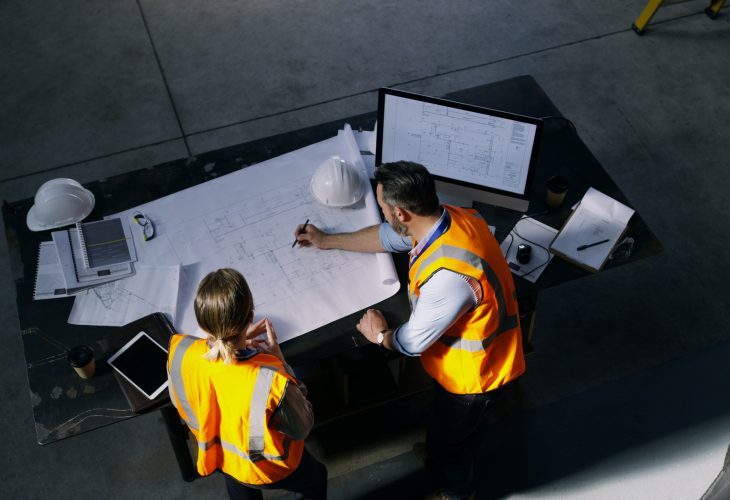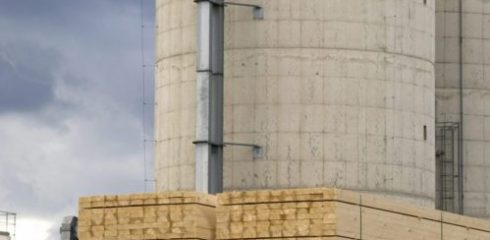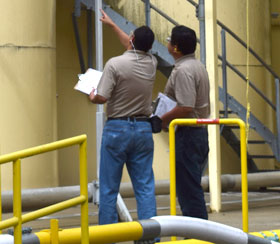
Changing the oil in my car may be the least favorite chore that I have to do on a regular basis. Taking 30 minutes to sit in a garage while the oil is drained and replaced is a huge hassle, who does’t feel that way? $30 and 30 minutes is a small price we pay to keep our cars running. The alternative is replacing the engine in the car for approximately $4,000 after the engine destroys itself. Personally, I would rather pay the maintenance cost than replacement cost. Just like your car needs regular maintenance your bulk handling storage system needs some attention to keep it running.
It is believed that many bulk solids storage structures (e.g. silos, bins) failures occur suddenly without any signal or warning. However, most of the time the structure shows signs of distress for a period of time until those are too obvious or have caused the structure to fail. Many of these failures are easily preventable through routine inspection and maintenance. Many structural issues can be easily and economically addressed if detected in time. Prevention is the most cost-effective way to ensure the structural integrity of concrete and metal silos. A proactive inspection and maintenance program is crucial to extend the life of bins and silos and ensure the safety of those working around them.
Time, weather, and usage all are contributors to the degradation of bulk solids storage structures. This degradation can eventually translate in structural failures with the potential of becoming catastrophic ones. The signs of degradation and the failures observed are different in concrete and metal silos. For example in concrete silos those signs can be observed in the form of silo wall delamination, cracks and rebar corrosion. For metal silos, those signs include wall deformations, cracks, wear and corrosion.
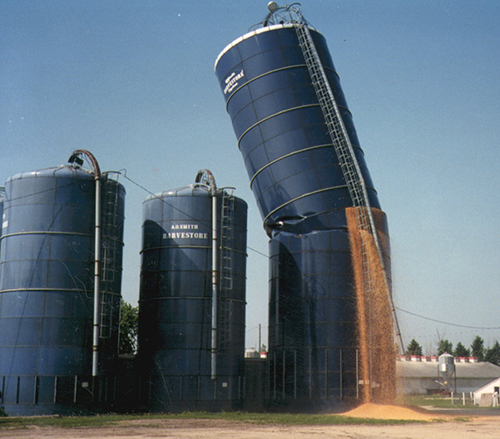
A proactive program includes routine inspections to check for concealed damage and to assess visible degradation, which increases the risk of structural failures in bulk solids storage structures. Most of the times, failures can be prevented or the structural damage can be minimized based on the information collected through routine inspections. Unfortunately, a simple visual inspection is not always enough for a complete understanding of the structural integrity of bins and silos that have been in service for several years. Depending on the deterioration and problems observed as well as the silo type, it may be necessary to obtain more comprehensive studies. For example, it may be necessary to obtain ultrasonic testing to determine current thicknesses of metal plates or core boring in reinforced concrete silos to determine their concrete strength capacity.
The cost of preventive maintenance and repair is minimal when compared to the financial and physical toll that a full collapse can have on your company and team. It does not matter if your bin and/or silo is welded, bolted or concrete in construction, all should be inspected regularly to identify any degradation that has occurred since the last inspection.
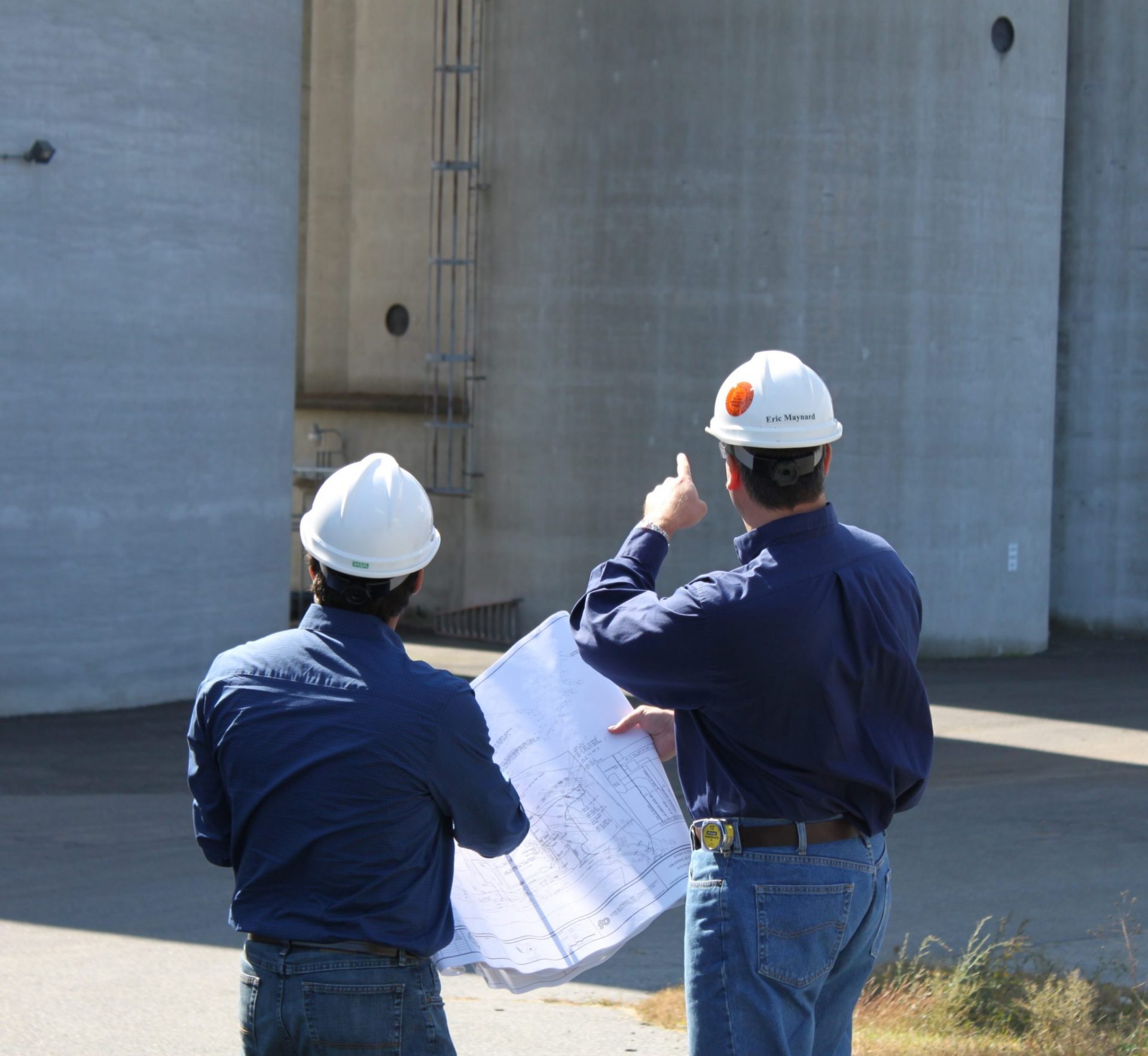
If your storage system has shown some type of degradation or you are unsure of its current structural condition and would like to have a better understanding of the system, we at Jenike & Johanson have the technical and practical knowledge necessary to conduct a thorough inspection of your storage system. We can inspect as well as implement inspection procedures to assess the condition of your storage systems and, ultimately, avoid failures. Do not hesitate to contact us with questions you may have, we are here to help.

